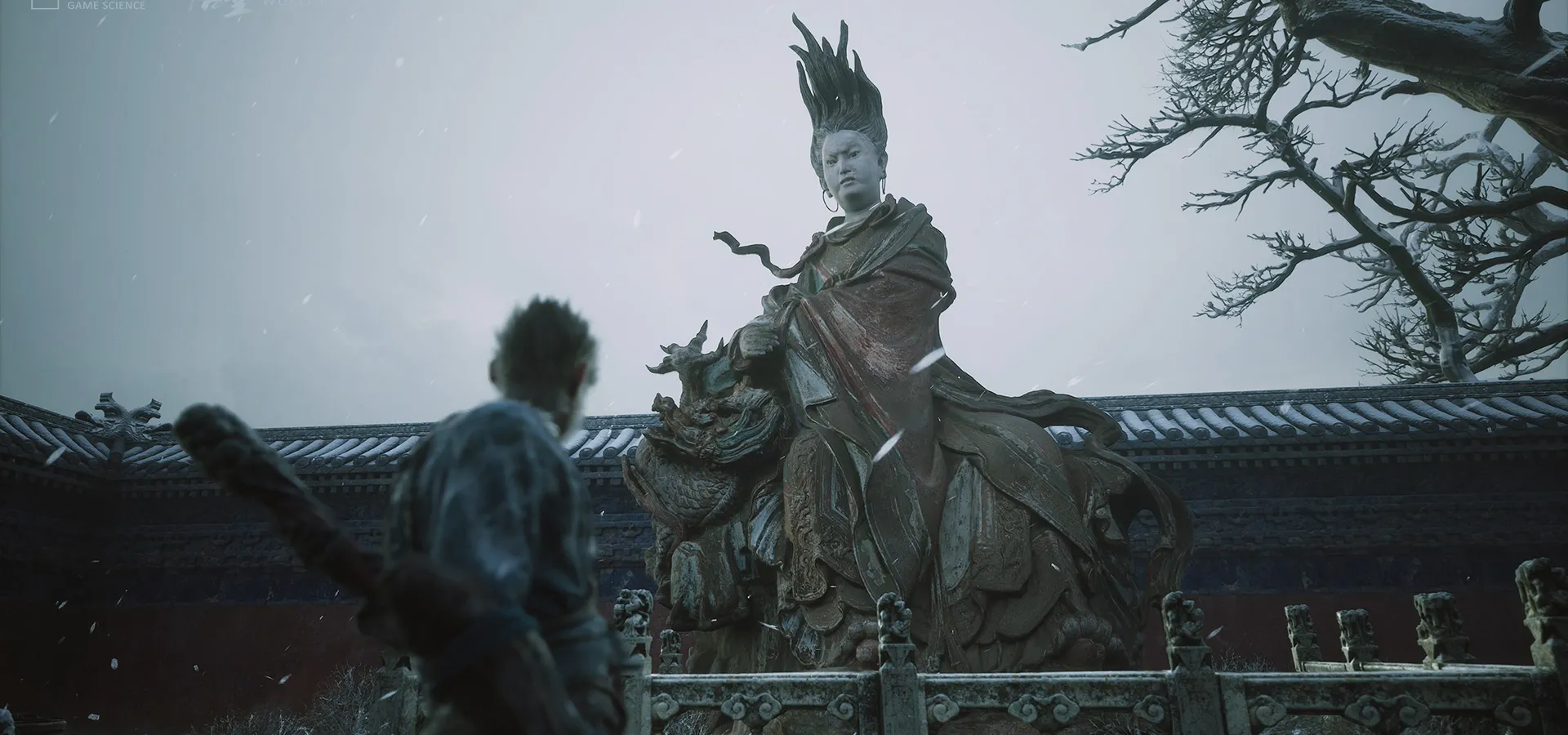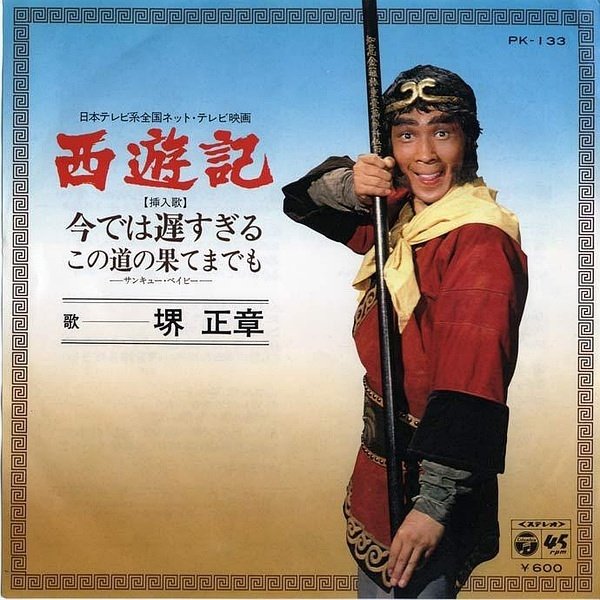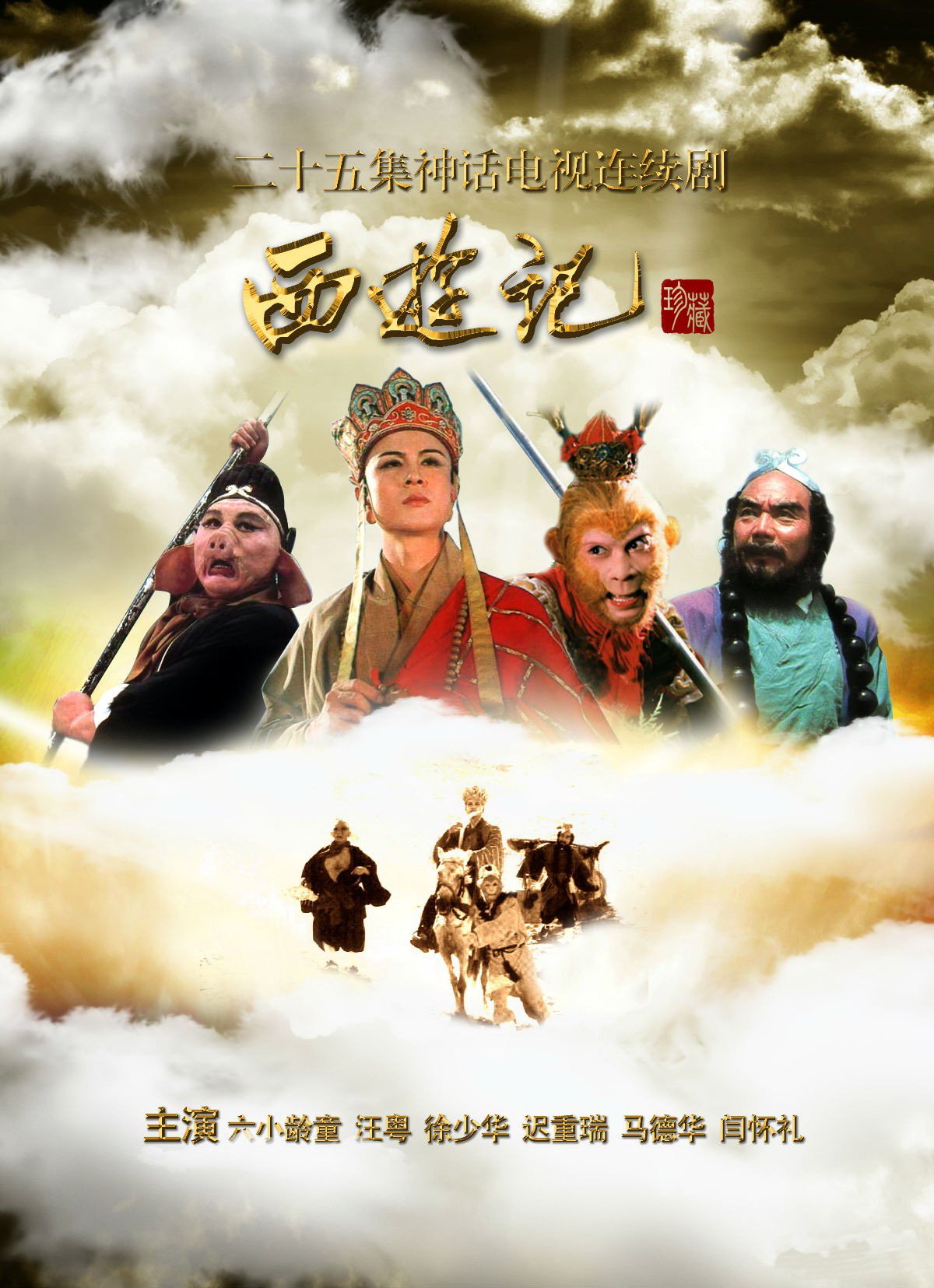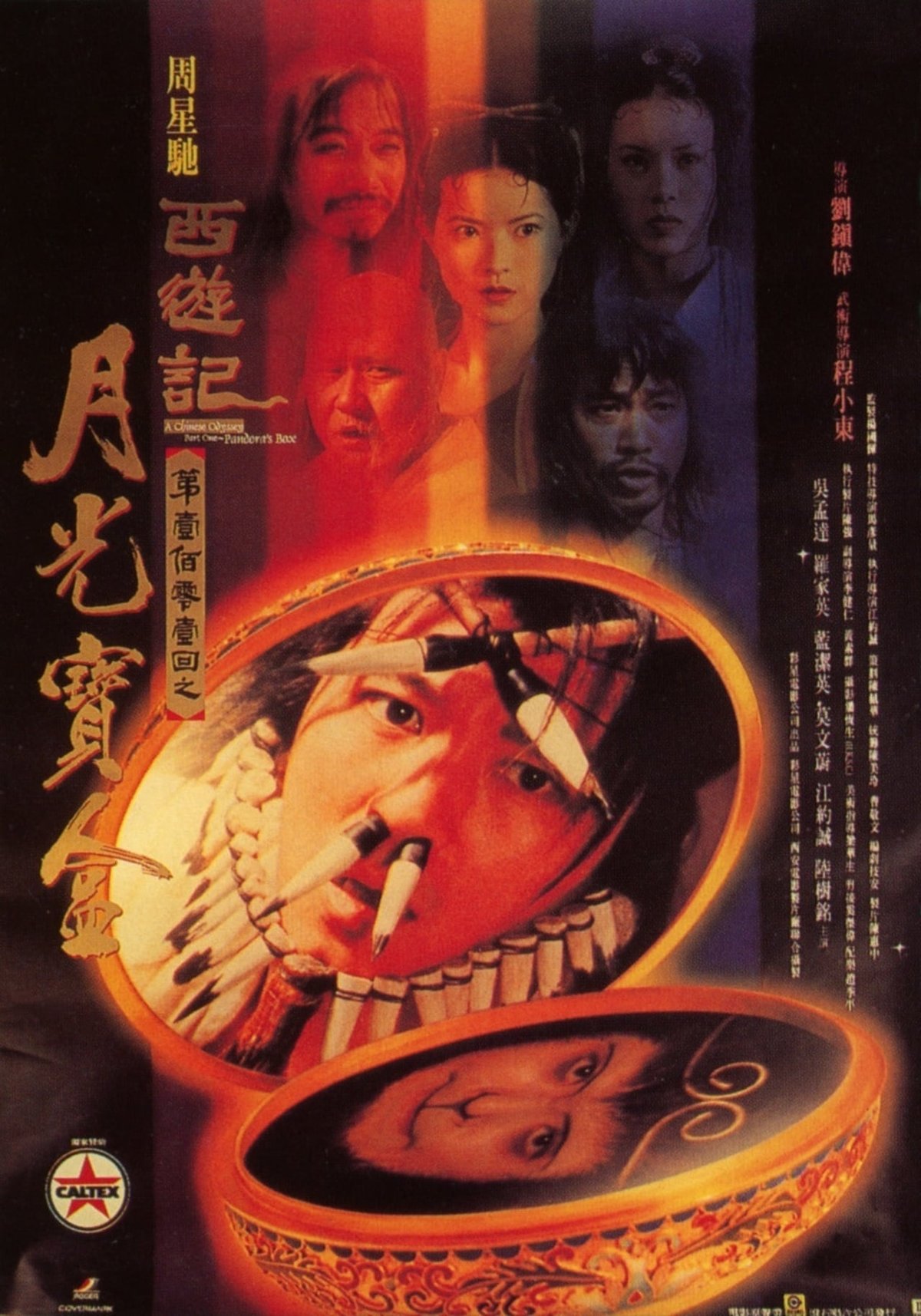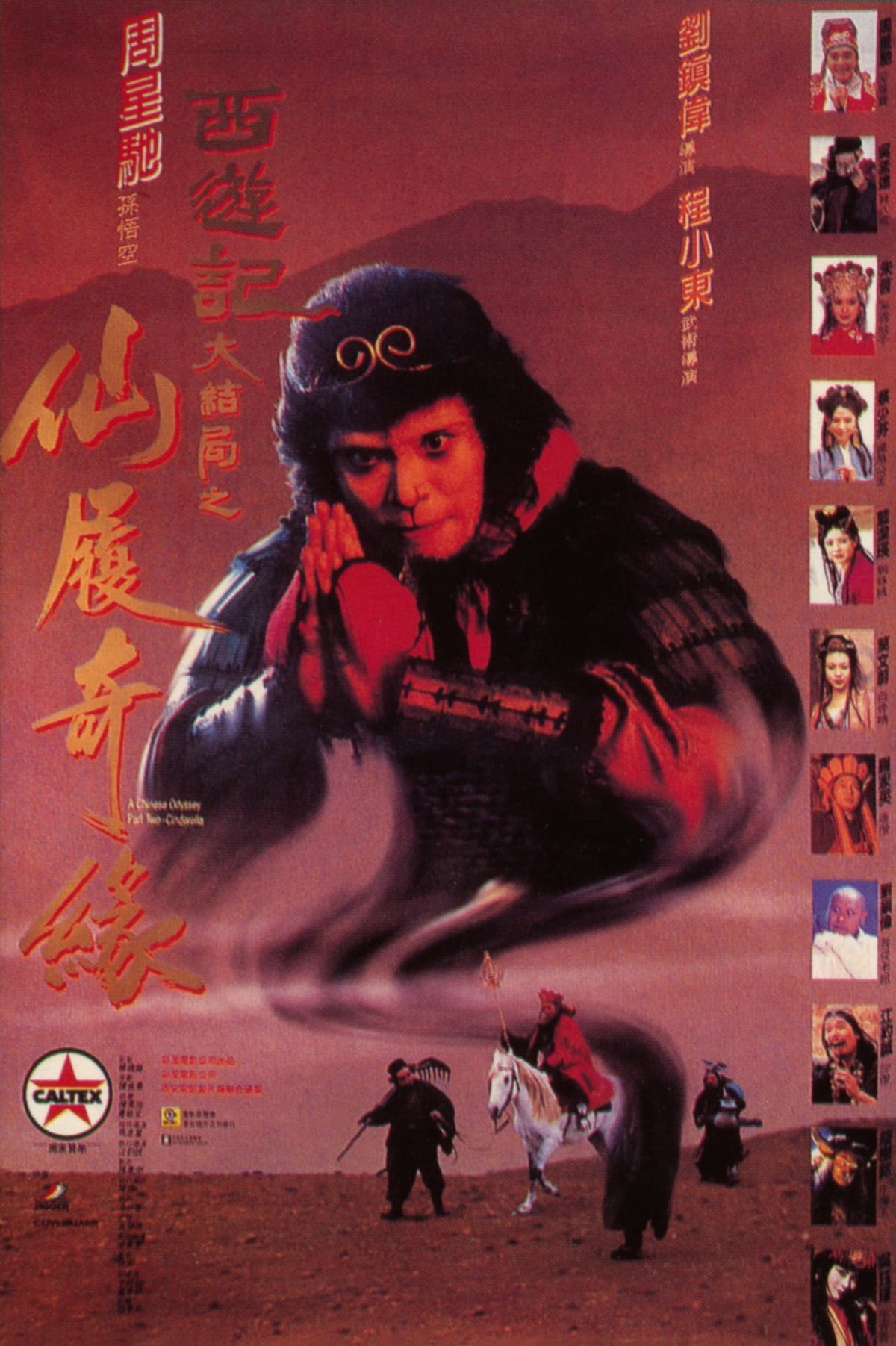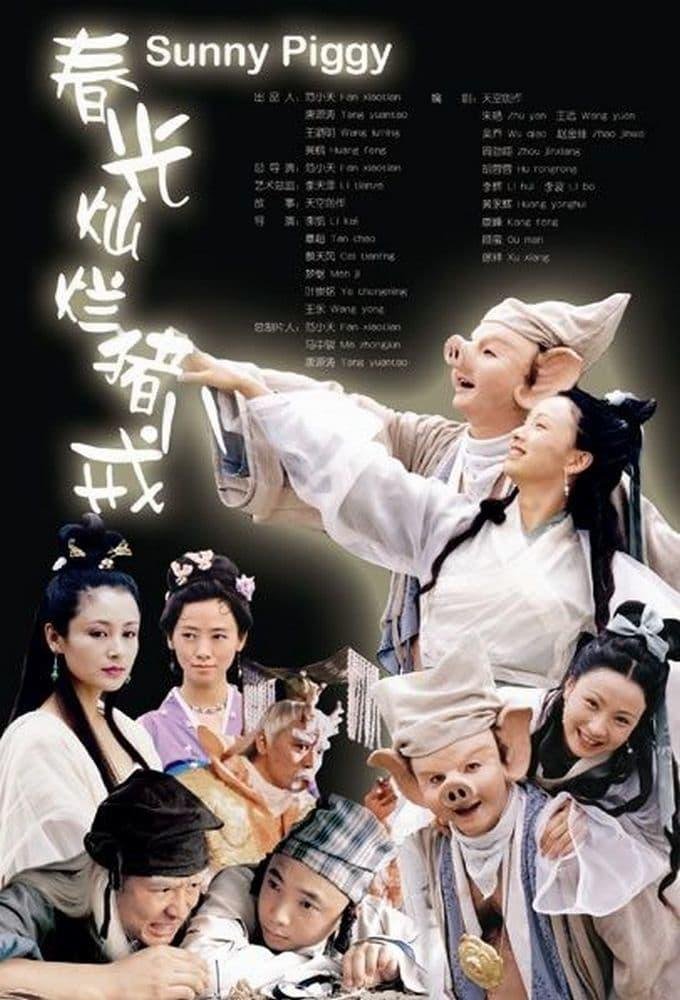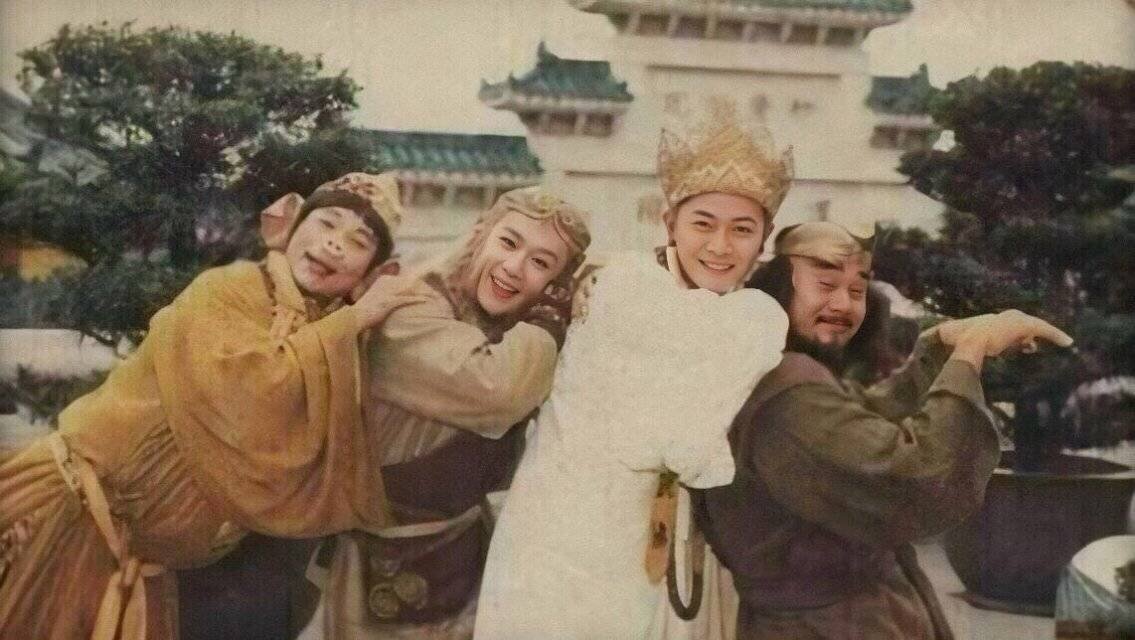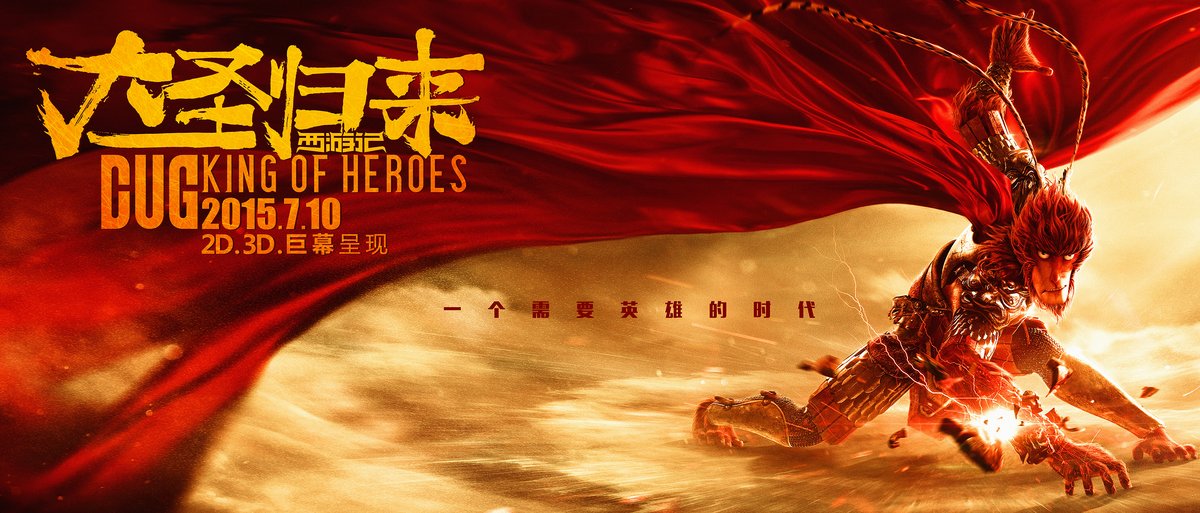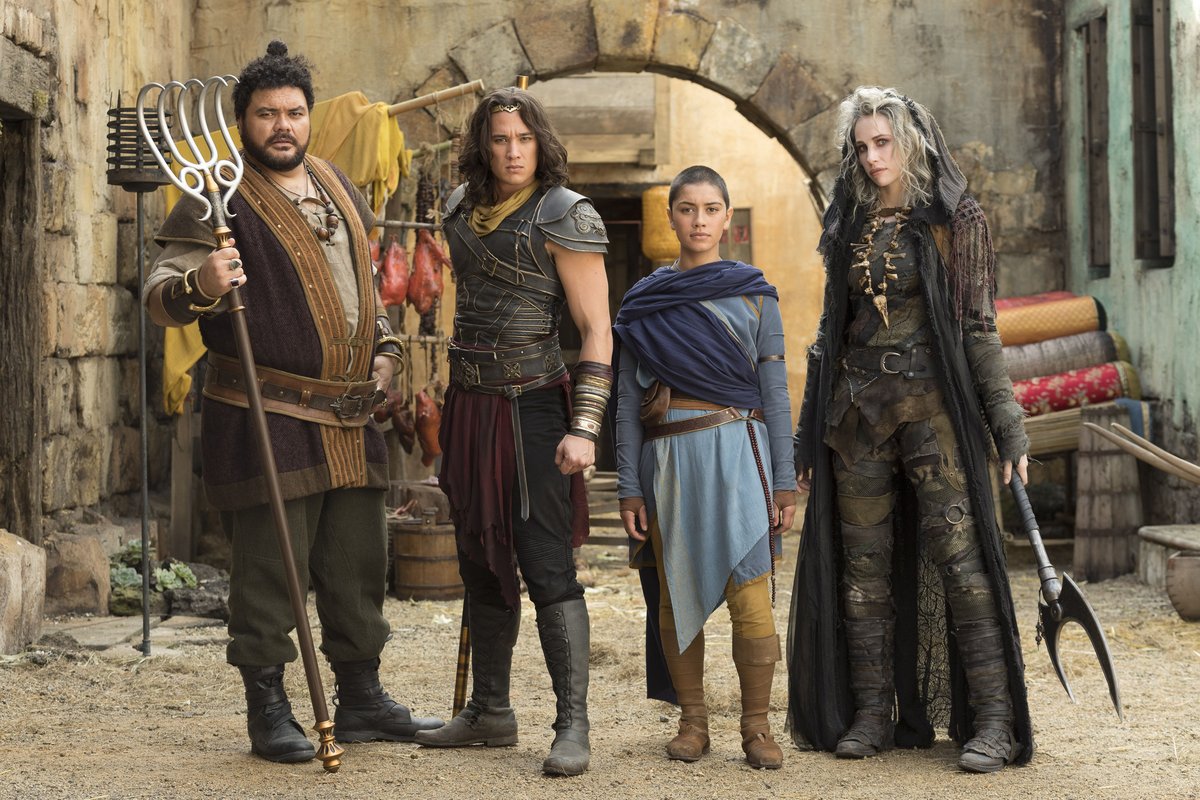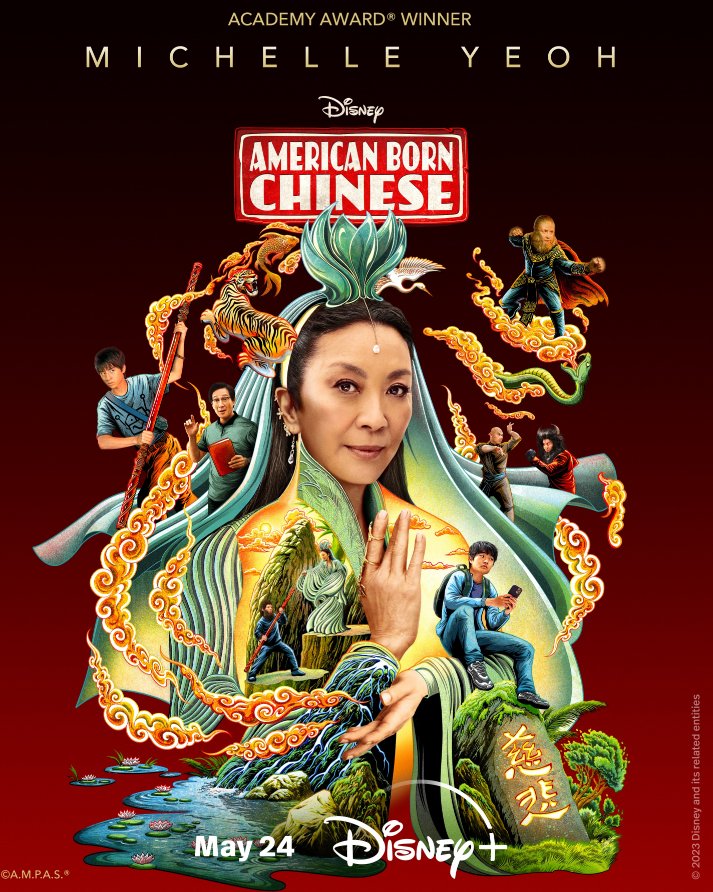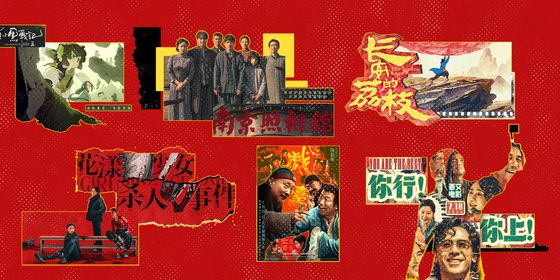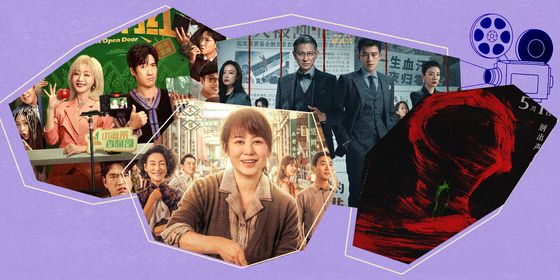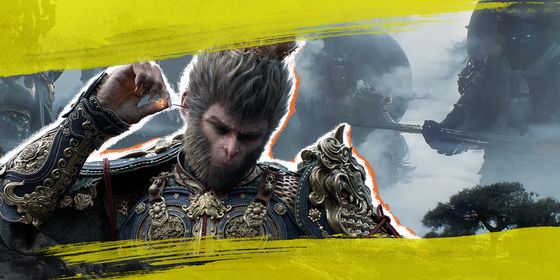Monkey King returns again…and again…and again…
Just hours after the highly anticipated release of China’s first AAA game this Tuesday, Black Myth: Wukong has already topped Steam’s most-played games chart with over 1.4 million concurrent players. Inspired by the classical Chinese novel Journey to the West, the game brings the legendary Monkey King back into the public eye.
It’s no exaggeration to say that China has a complex about the Monkey King. As one of the Four Great Classical Novels, Journey to the West has been adapted into movies, TV series, animated films, and even stage shows nearly a hundred times since its first publication in the 16th century. Some of these adaptations received rave reviews while others didn’t fare as well, but it’s clear that people never tire of this 600-year-old story. As Black Myth now garners widespread attention, it’s a perfect moment to revisit the various portrayals of the legendary Monkey on screen.
Monkey (1978)
Few Chinese people are familiar with this Japanese TV drama, known as Monkey and also commonly referred to as Monkey Magic (after the show’s title song). The show consisted of two 26-episode seasons, airing from 1978 to 1979 in Japan. In 1979, it was dubbed in English and broadcast in the UK by the BBC, in New Zealand by TVNZ, and in Australia by ABC, where it gained significant popularity. However, one of the main characters, Tang Sanzang, a Buddhist monk and the Monkey King’s master, was portrayed by a woman in the Japanese adaptation, which made the show even more controversial among Chinese audiences.
Journey to the West (1986)
In 1986, Chinese director Yang Jie turned the classic novel into a 25-episode TV series. This series faithfully followed the plot of the original story and provided what the Chinese public widely considers the best and most faithful interpretation of the novel, which helped it receive a glowing viewership rate of 89.4 percent at the time it aired. Since 1986, the series has been re-run on local channels in China each year, totaling approximately 3,000 broadcasts. Even today, when Chinese people discuss Journey to the West, the images associated with it are mostly from this show, and it’s difficult to find a Chinese individual who hasn’t seen this series—even if they haven’t read the book.
A Chinese Odyssey (1995)
A Chinese Odyssey is a two-part Hong Kong fantasy-comedy film produced in 1995, directed by Jeffrey Lau and starring Stephen Chow. The first part is titled Pandora’s Box, and the second one is called Cinderella. The film is very loosely based on the original novel. Very loosely.
In this film, Tang Sanzang is depicted as a nagging monk, prompting the Monkey, unable to tolerate his master any longer, to abandon him on their journey to the west. The Monkey is later reincarnated as a human, and his adventurous story begins anew, this time involving romantic love.
This bold adaptation received surprisingly good feedback. The first part grossed 25 million Hong Kong dollars, and the second over 20 million Hong Kong dollars. More than 20 years later, it remains influential. Even today, if you refer to someone as “Monk Tang,” people understand that it means they are a nag. In 2016, the third part—A Chinese Odyssey—hit the screen, with Han Geng and Tang Yan playing the leading roles. As for the reviews of Part 3, let’s put it this way: If you want your memories of the first two parts to stay beautiful, resist the urge to watch the third.
Sunny Piggy (2000)
People love the Monkey King, but Journey to the West is much more than that. There are three other main characters to consider. The 2000 Chinese romantic fantasy comedy-drama Sunny Piggy focuses on Zhu Bajie, the pig. In this drama, Zhu Bajie, played by Xu Zheng, is a foolish but kindhearted pig who wants to become human. He encounters a dragon princess, played by Tao Hong, and falls in love with her. The series is full of humor, but towards the end (SPOILER ALERT!), the dragon princess sacrifices herself to protect the springs of the East Sea, leaving the sorrowful pig alone in the world.
The show achieved over 30 percent in ratings, leading more than 20 local TV stations to air reruns and spawning several derivative works. Actors Xu and Tao, who became close friends through the show, eventually married in 2002.
Continuation to Journey to the West (2000)
This may not be the most popular adaptation, but if you’ve seen it, you’ll remember it. The story is set after the conclusion of the original novel, when the monk has successfully retrieved the Buddhist scriptures for China and has been granted Buddhahood. In this story, heaven experiences a revolt led by an evil god named Wutian, resulting in the Buddha’s defeat and forced reincarnation as a human named Qiao Ling’er. Qiao begins life anew in the mortal world without any memory of his immortal life but is still being hunted by Wutian. Finally, with the help of the Monkey, Tang Sanzang, and many other Bodhisattvas and gods, Qiao returned to heaven and became the Buddha once more. But (SPOILERS AGAIN!) the Monkey sacrificed himself in the fight against Wutian. It’s possibly the only adaptation in which the Monkey King died in the end.
Monkey King: Hero is Back (2015)
This highly acclaimed 2015 film was created over a period of eight years with the support of crowdfunding. Garnering over 956 million yuan at the box office, the film was the highest-grossing animated film in China of its time. It reimagined Journey to the West following Sun Wukong’s heavenly rebellion, after which he was imprisoned by the Buddha, then released by a boy monk—instead of the adult monk from the novel—whom he helps to save a village from monsters.
Monkey King currently enjoys a high score of 8.3 on the popular review platform Douban, with netizens praising the film for its exceptional animation quality and engaging storylines. The film won the Best Animated Film at the Golden Rooster Awards and the Golden Dragon Award at the China Animation and Comic Competition.
The New Legends of Monkey (2018)
The 10-episode series produced by Oscar and Emmy-winning production company See-Saw Films in Australia and New Zealand is destined to be controversial. Instead of the original novel, the show is based more on the 1978 Japanese adaptation, Monkey.
In The Legend of Monkey, Tang Sanzang, the pious monk from the novel, is reimagined as a teenage girl, played by actress Luciane Buchanan. She and three fallen gods embark on an adventurous journey to end a demonic reign of chaos and restore peace and balance to the world. The popular Monkey King resembles a fantasy hero from a Western medieval drama. Zhu Bajie no longer has the face of a pig. And Sha Wujing, known as Sandy in some English translations, is entirely different from the dull, bearded monk that no one remembers; in this version, Sha is an icy goddess.
While Chinese audiences were disheartened by this extreme makeover of their beloved novel, the show received a glowing 100 percent freshness rating on Rotten Tomato. The show aired for two seasons and has yet to be renewed for a third or formally canceled.
American Born Chinese (2023)
Starring Academy Award-winning actress Michelle Yeoh, Disney’s latest fantasy action comedy American Born Chinese follows the story of Jin Wang, a Chinese American high schooler who unexpectedly finds himself caught in a battle between mythical Chinese gods from the classic novel Journey to the West, including Sun Wukong (played by Daniel Wu) and Guanyin (played by Michelle Yeoh).
The show received a mediocre rating of 7 out of 10 on IMDb and an even lower score of 5.9 on Douban, with some Chinese netizens calling it the “Panda Express” of Journey to the West adaptations. The show was canceled after only one season.
This story is from our archives, originally published in April 2017. It has been edited and updated for relevance and accuracy as of August 21, 2024.





